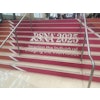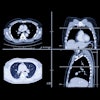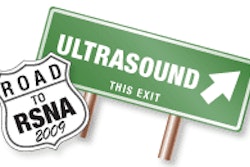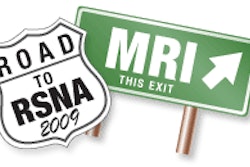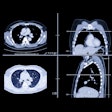Sunday, November 29 | 11:05 a.m.- 11:15 a.m. | SSA11-03 | Room S403A
Getting decision-support information to the right person at the right time decreases unnecessary imaging and increases the percentage of appropriate exams, according to this abstract to be presented Sunday morning.Researchers at Massachusetts General Hospital's (MGH) imaging department in Boston added real-time feedback about order appropriateness to their existing Web-based radiology order entry (ROE) system in 2004.
"We modified our outpatient electronic order entry system to require that all examinations with low-yield decision-support scores be personally authorized by the responsible clinician," lead author Dr. Vartan Vartanians told AuntMinnie.com.
Referring physicians using the order entry system picked a desired test -- outpatient CT, MRI, and nuclear medicine studies -- and entered clinical data. The decision-support system then assigned the test a utility score from 1 to 9 based on the American College of Radiology's (ACR) Appropriateness Criteria.
In the beginning of the MGH study, no attempt to limit access was made if the test's utility score was less than 3, and clinic support staff members such as nurses and office assistants were allowed to place imaging exam requests on behalf of attending physicians.
Three years later, Vartanians' team changed the logic of the system to bar support staff from completing or scheduling orders that had utility scores of 1 to 3. This change produced some dramatic results, according to Vartanians, not only in the number of low-utility exams ordered, but also by increasing the probability that these kinds of exams would be cancelled or abandoned if initiated.
"This change resulted in an overall decrease from 5.43% to 1.92% in the fraction of low-yield CT, MRI, and nuclear medicine examinations that were ultimately performed," he said. "And the probability that a low-yield request would be cancelled or abandoned was increased 3.5-fold. We believe that these results demonstrate the importance of placing the decision-support information in front of the responsible decision maker."

